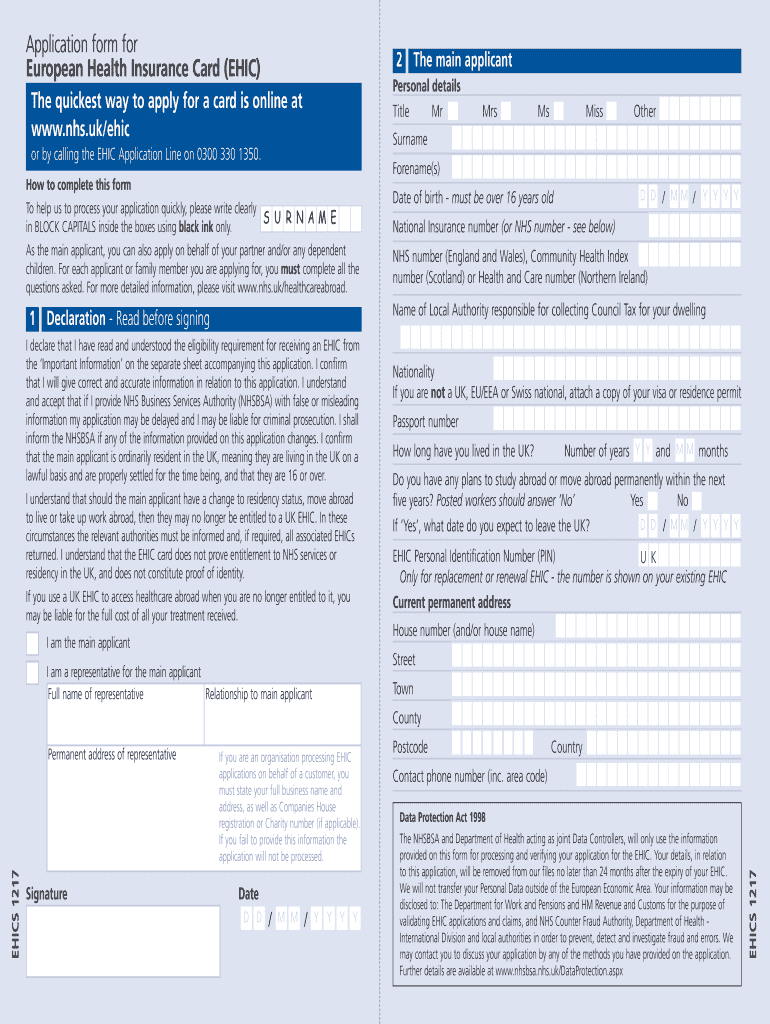
Travel insurance for international travelers may not be possible if your medical condition is severe. While there are some travel insurance policies available for pre-existing conditions, they are usually not free. It is a smart idea to purchase insurance prior to your trip. It is important to carefully read the fine print of any plan you select. It is important to understand what your condition means for your coverage.
There are many different types of preexisting conditions. These conditions include injuries, illnesses and prescription medications. This includes things such as heart disease, kidney disease, liver disease, cancer, arthritis, and depression. These conditions often go away for years, and then suddenly come back. You will need to declare any pre-existing conditions when you purchase a plan. This information will allow the insurer to determine whether you are eligible for coverage.

Travel insurance policies will generally cover cancellations and interruptions due to illness, injury, or other circumstances. If the injury or illness is serious, the plan will help you recoup some of your lost expenses. Your insurance provider will cover your medical expenses while you are away. It may be possible to obtain a waiver for preexisting conditions depending on which policy you have. However, your premium will still be higher than if you didn't have them.
Before purchasing travel insurance, you should consult your doctor if you have any medical conditions. While some conditions are covered by medical insurance (e.g. diabetes), you will need to have your blood sugar under control. Others are not, such as pregnancy. You should get travel insurance with a waiver for any pre-existing conditions, if your medical coverage covers you.
Pre-existing Conditions are any conditions that existed before your purchase of the plan. These conditions must be present between 60 and 180 days prior to your travel plan's effective day. Pre-existing condition waivers are possible as long you keep them in your possession for the required time. Your premium for a pre-existing condition waiver will depend on the type of pre-existing condition you have and the severity of the condition.
Pre-existing conditions are often taken into consideration by most travel insurance companies. You will be asked if you have had pre-existing conditions, whether they have been treated and if your condition has gotten worse. Depending on your company, you may be required to submit medical records from the past 5 years.

A pre-existing condition is an illness or injury that you had before your trip. This isn't always a medical problem. Sometimes, it could be a psychological issue. Be aware that a waiver of benefits will prevent your travel insurance from paying for medical costs if you have an emergency.